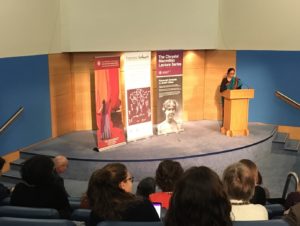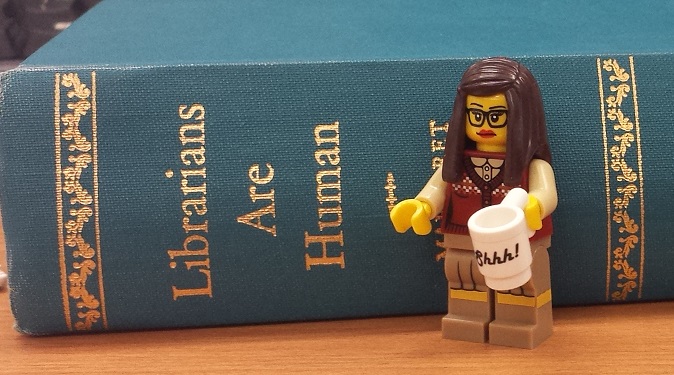Centre for South Asian Studies seminar series

Lecture by Dr Krishna Menon
The University and School offer a fantastic range of seminars throughout the year. Student Ambassador Frances attends one in our sister School, Social and Political Science.
I recently attended a lecture by gender studies expert Dr Krishna Menon. The lecture, titled ‘Feminist Explorations of Contemporary South Asia: Possibilities and Challenges,’ was part of the Chrystal Macmillan Seminar Series (named after the first female graduate of Edinburgh University, who later became a famous suffragist and politician). The lecture was part of a project which aims to increase connections between British and Indian universities. Menon’s lecture was a 45-minute magisterial tour of the history and politics of feminism within South Asia from the early twentieth-century.
As a final-year History & Politics student, I was thrilled by the opportunity to hear such a renowned speaker discuss issues resonating with my dissertation, which I am currently working on. The lecture did not disappoint. Menon touched on multiple themes within contemporary South Asian political thought using a feminist lens. She demonstrated how the increasing militarisation of South Asia was gendered in so far as it disproportionately affects women who lose more freedoms than men. The ‘war on terror’ is used as a justification for this. Menon then shed light on the ‘abducted women’ of Partition (1947) whose families had to conceive of ways to restore ‘honour’ to their homes given India’s cultural code. Menon also drew attention to the uneasy positioning of feminism within the modern conception of the nation-state. The nation-state not only defines borders along, often, arbitrary lines but also draws borders between otherwise naturally aligned women’s movements. Menon also discussed the development of what are termed ‘femocracies,’ in which gender experts are included within governments in South Asia to try to implement emancipatory measures. These ‘measures’ do not, however, always address the structural causes which inhibit women’s development.
The picture, however, is not all bleak. Menon’s concluding remarks were a positive round-off to a fascinating lecture. Despite continued difficulties facing women in South Asia, transnational feminism, both as a feminist paradigm and activist movement, is on the rise. This form of feminism employs modern technologies to create new ways of cross-national collaboration which benefit all of society. The lecture was itself an example of this.
Menon’s lecture was one of a series of lectures by the Centre for South Asian Studies which was founded at The University of Edinburgh in 1998. This interdisciplinary academic unit offers new perspectives which continuously inspire people from within the University body, namely students, and from outside, namely politicians. I myself was inspired by this event, which is an example of how the many extra-curricular experiences on offer at Edinburgh have supplemented and diversified my degree.
Disclaimer
University of Edinburgh Student Ambassadors are financially compensated to tell their stories.




